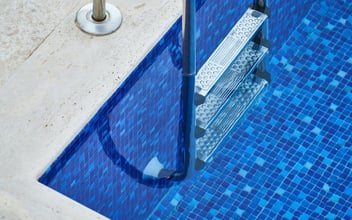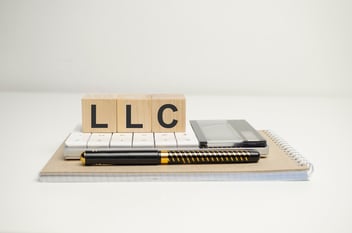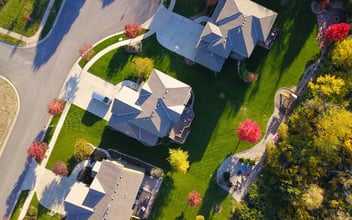Swimming Pool Liability: Practical Tips to Reduce Liability Exposure

Adding a swimming pool to your home can provide fun for your entire family and can become a social hub for your children and young adults, but it can also create serious liability issues which a homeowner ignores at her peril.
A homeowner can be held responsible for injuries or deaths which take place as a result of the pool, even if the victim was trespassing or used the pool without permission.
Liability for the property owner results from a failure to take reasonable precautions which a reasonable person would have taken under similar circumstances. If you fail to take reasonable precautions, you may be held to be negligent, and if it can be shown that your negligence caused the injury to or death of a person, you may be required to pay damages.
If you live in a city which has ordinances requiring fencing and other safety measures and you fail to install the required safety measures, you may be held strictly liable. If you are found to be strictly liable, you cannot defend the lawsuit by arguing that you took the precautions of a reasonable person. Violation of the ordinances means you are liable and the only issue is the amount of damages to be awarded.
The first line of defense if you own a pool is to obtain all local ordinances to make sure you are fully complying with all required safety measures. That usually means that you have fenced the pool, and that there are child proof locks on the gates to keep uninvited and unsupervised guests away from the pool.
When we think of pool liability, drowning immediately comes to mind. But the homeowner must also keep in mind that there is a high risk of slip and fall accidents around a pool. The homeowner should take reasonable care to ensure that the surfaces around the pool are non-slip surfaces and to warn guests of any unsafe conditions. If there are areas around the pool which collect water, you should attempt to remove all standing puddles of water as they may increase the chance of accidents.
To establish negligence a claimant will have to show that the homeowner either (1) negligently created the dangerous condition or (2) failed to remedy the unsafe condition after notice that it existed. The difficulty for a homeowner defending a negligence suit is the high standard of care they will be held to. No matter what steps the homeowner takes to make the pool and the area around it safe, there is always the possibility that the homeowner will be found to be negligent.
Usually, a homeowner will not be held liable to a stranger who trespasses on the property. However, a pool creates additional liability even if a trespasser is injured or killed. There is a legal theory called attractive nuisance which can create liability for the homeowner. For instance, if there is something on your property, such as a swimming pool, which might attract a young trespasser and the trespassing child is injured or killed, the homeowner can be liable. The homeowner is often found to be liable for injuries to children unless it is almost physically impossible for the child to reach the pool.
The best way to protect against swimming pool accidents is to prevent them from happening. Here are some proactive steps you can take.
Restrict Access. Install fencing all the way around the pool which meets or exceeds any standards required by law and which hides the pool from view from the street. Install childproof locks to keep trespassing children away from the pool when there is no adult present to supervise and watch them.
Require Swimming Ability. Require that all children who use the pool can swim or, if they cannot swim, require a parent or guardian to accompany them if they will be around the pool. Make sure your own children can swim as soon as possible.
Life Saving Skills. Take a CPR class and become certified. Not only can your skills save lives but it will also demonstrate that you took the precaution to make the pool safer for your guests.
Life Jackets. Require young children to always wear life jackets or flotation devices when they are around the pool. If you have older children around the pool and you know they cannot swim or that they are weak swimmers, require them to wear a life jacket.
Supervision. Anytime there will be children around the pool, make sure there is adequate supervision.
Homeowners insurance can also provide some protection, but a homeowner should not rely solely on homeowner insurance for insurance protection. A separate swimming pool policy or an umbrella policy should be purchased to provide additional liability protection. These policies are usually relatively affordable, and will be a life saver (no pun intended) if there is an accident.



